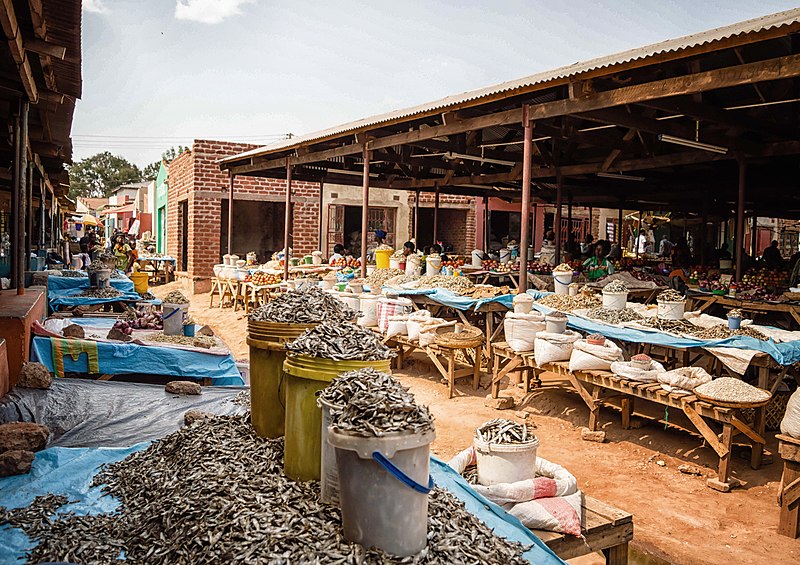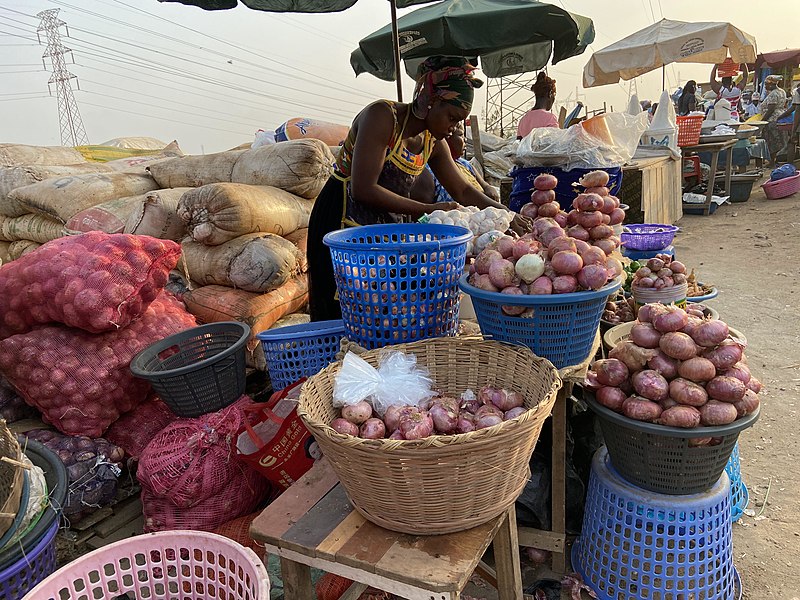The ACSRM aims to contribute to a deep understanding of the nexus between migration, trade, and development and ways to mainstream the migration, trade, and development nexus into development policymaking and planning.
The movement of persons for trade is a significant feature of intra-African migration. It often involves short-term migration. The effective implementation of the African Continental Free Trade Agreement (AfCTA) and the African Union Free Movement Protocol can foster labor mobility, migration, and trade nexus, which can contribute to fostering trade, continental integration, and development.

There is a nexus between migration, trade, and development. Migration can play an essential role on trade, socioeconomic development of origin, transit, and destination countries. Migration for labor and trade purposes can reduce the risks of irregular migration. Temporary trade and labor migration can reduce the risks of brain drain and promote brain gain and brain circulation. Diaspora organizations and individuals can strengthen trade flows by minimizing trade barriers and reducing trade-related transaction costs.
As reflected by the WTO GATT Mode IV, the migration and trade nexus represent an essential topic in the international policy agenda. The effective implementation of the AfCTA and the Africa Union Movement of Protocols will contribute to enhanced trade, development, and continental integration.





